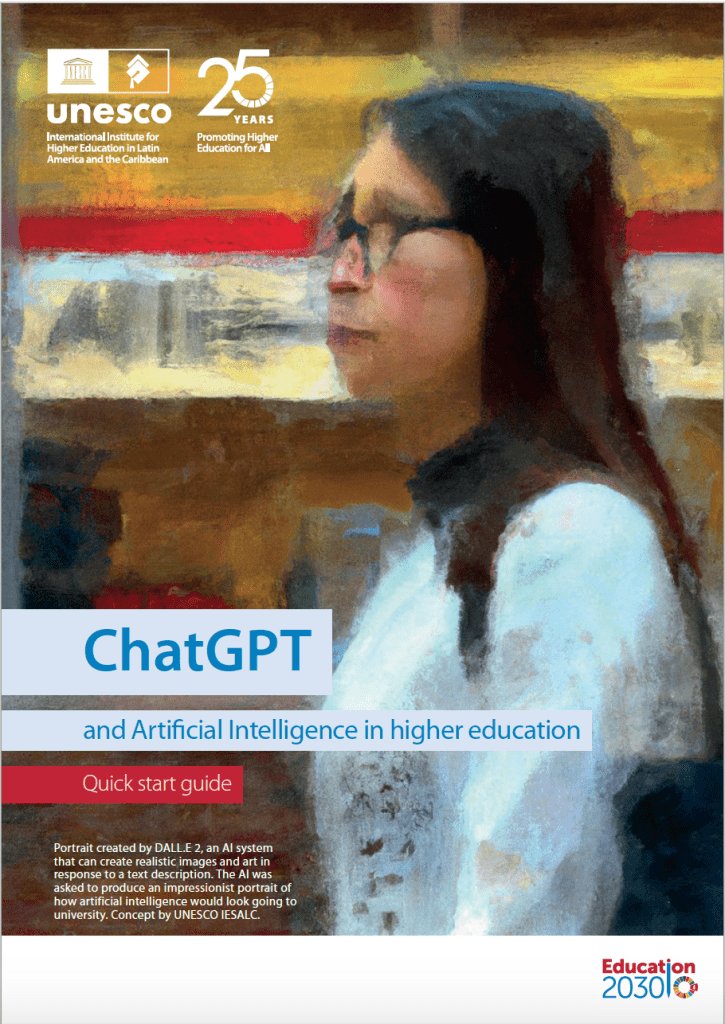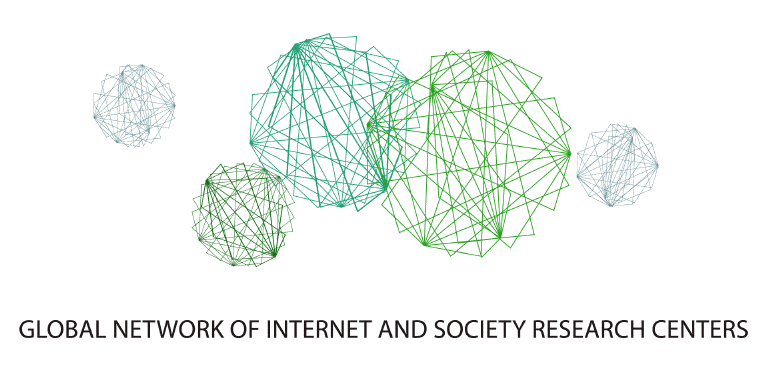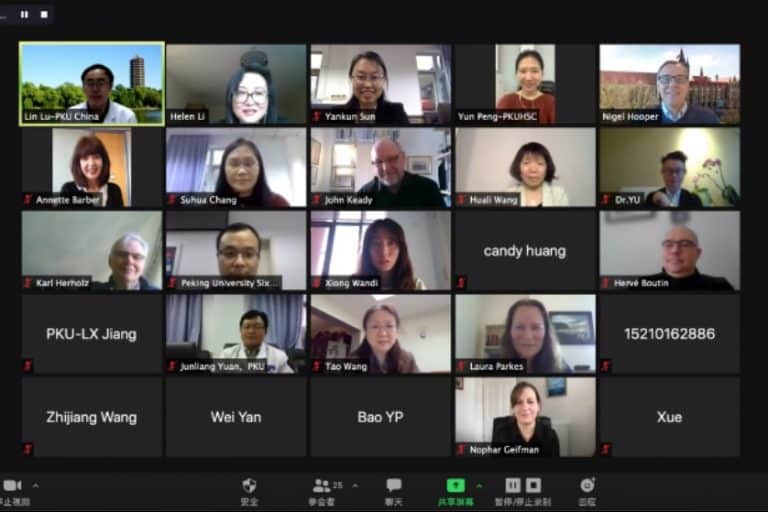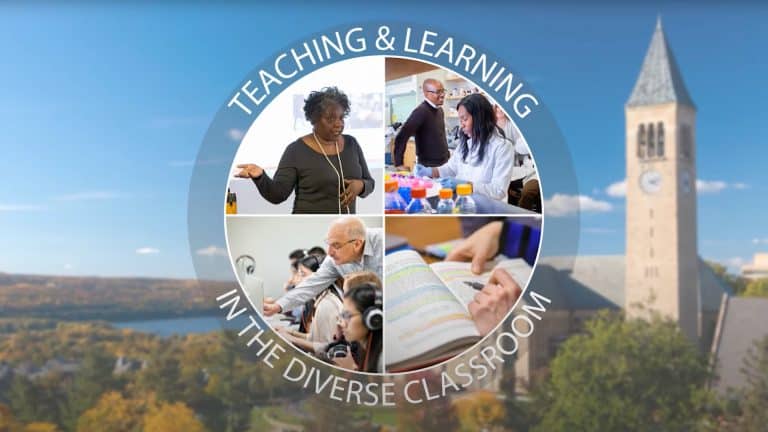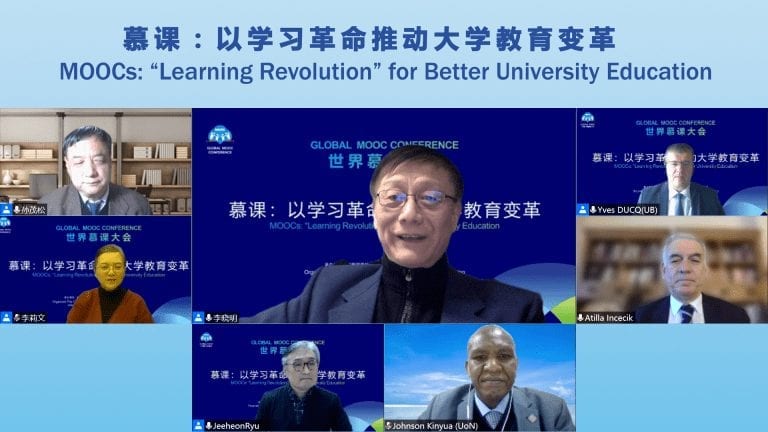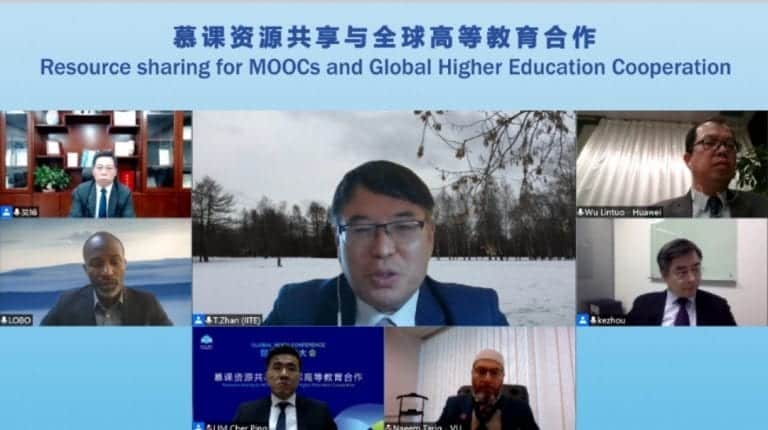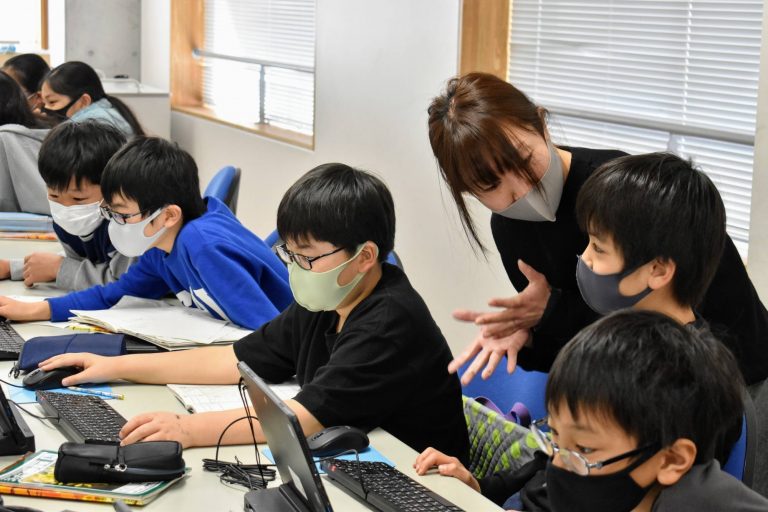UNESCO’s recent Quick Start Guide introduces the use of AI tools, like ChatGPT, in higher education. It highlights the safe use of AI, the capabilities of different AI types, and the role of AI in recognizing studies and degrees, particularly in Latin America and the Caribbean.
The guide underscores the importance of safe AI use, but the ethical implications of AI in education need more attention. As AI becomes integral to education, we must ensure it respects privacy and avoids bias. AI systems should be transparent, allowing users to understand how they work and make decisions. This transparency is crucial for building trust and ensuring that AI is used responsibly.
While AI tools like ChatGPT can enhance learning experiences, they should not replace human educators. The guide rightly positions AI as a tool, but it’s important to emphasize that the role of AI is to assist and augment educators. The human touch in education is irreplaceable, and AI should amplify it, not eliminate it. For instance, AI can handle routine tasks, freeing up educators to focus on fostering creativity and critical thinking.
The guide highlights the intersection of AI and policy-making in education. In particular, the mention of the New Regional Convention for the Recognition of Studies, Degrees, and Diplomas in Latin America and the Caribbean is noteworthy. AI can streamline the recognition process by automating the validation of degrees and credentials, fostering academic mobility. However, this requires robust policies to ensure the fair and equitable use of AI.
The successful integration of AI in education requires collaboration among policymakers, educators, and technologists. Policymakers need to develop robust policies that promote the ethical use of AI. Educators need training to effectively use AI tools. Technologists need to design AI systems that are user-friendly and meet the needs of educators and students. This collaborative effort is key to creating an environment where AI can thrive and contribute to education.
The guide provides a valuable introduction to AI in higher education, while initiatives such as the Online Education Dialogue 2023 would prompt a deeper exploration into the complexities and potential of this technology. At the Global MOOC and Online Education Alliance, we look forward to navigating these complexities and harness AI’s potential to create a more engaging and effective learning environment with you. Join us!
(You can read the article in reference below or at https://www.iesalc.unesco.org/en/2023/04/14/chatgpt-and-artificial-intelligence-in-higher-education-quick-start-guide-and-interactive-seminar/)
ChatGPT, artificial intelligence and higher education: What do higher education institutions need to know?
UNESCO IESALC held a webinar to discuss its possibilities and challenges in higher education, a Quick Start Guide and an interactive seminar, which will begin in April 2023.
ChatGPT is an Artificial Intelligence (AI) tool that has taken the world by storm, reaching 100 million users just two months after its launch. To meet the exceptionally high level of interest in this tool, UNESCO IESALC held a webinar to discuss what are its possibilities and challenges in higher education, a Quick Start Guide and an interactive seminar, which will begin in April 2023.
The webinar was attended by Francesc Pedró and Arianna Valentini, Director and Analyst of the Research and Foresight team, respectively at UNESCO IESALC, and Professor Axel Rivas, Director of the School of Education at the University of San Andrés and Academic Director of the Center for Applied Research in Education San Andrés (Argentina)
After receiving some 3,500 questions from registrants, we asked both ChatGPT and the experts the following questions:
- What are the possible uses of ChatGPT in teaching and learning processes in higher education?
- Why has ChatGPT created concern in the academic world?
- What strategies are you considering incorporating to promote critical thinking in higher education now that ChatGPT exists?
Be sure to check out their answers:
The Quick Start Guide is a short, jargon-free downloadable guide that provides an overview of how ChatGPT works and explains how it can be used in higher education. The Quick Start Guide raises some of the main challenges and ethical implications of AI in higher education and offers practical steps that higher education institutions can take.
You can also participate in a free self-paced asynchronous seminar on ChatGPT and AI in higher education through Campus IESALC, our social and collaborative learning community. You’ll not only have the opportunity to earn a certificate and digital badge, but you can also join a live session with UNESCO IESALC thematic leaders and engage in discussion with other users to strengthen social learning and exchange ideas and experience.

